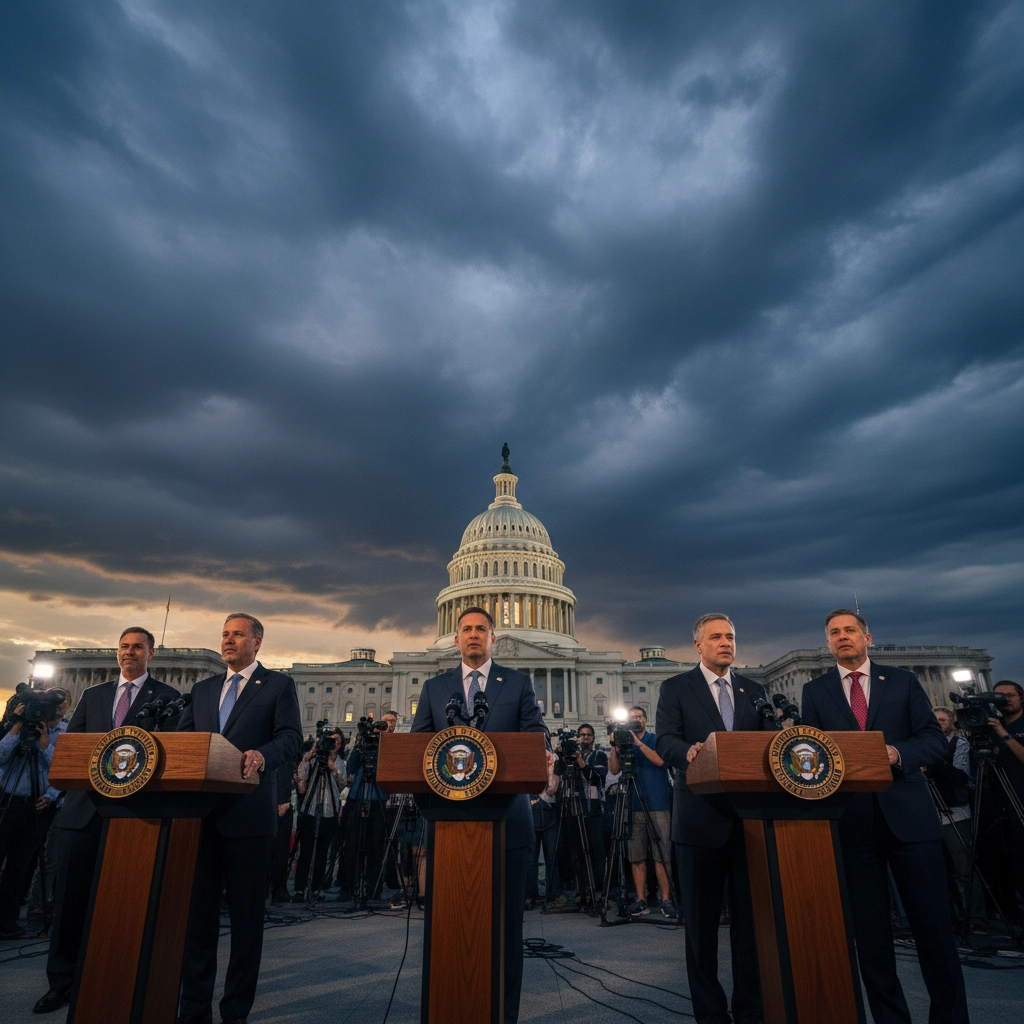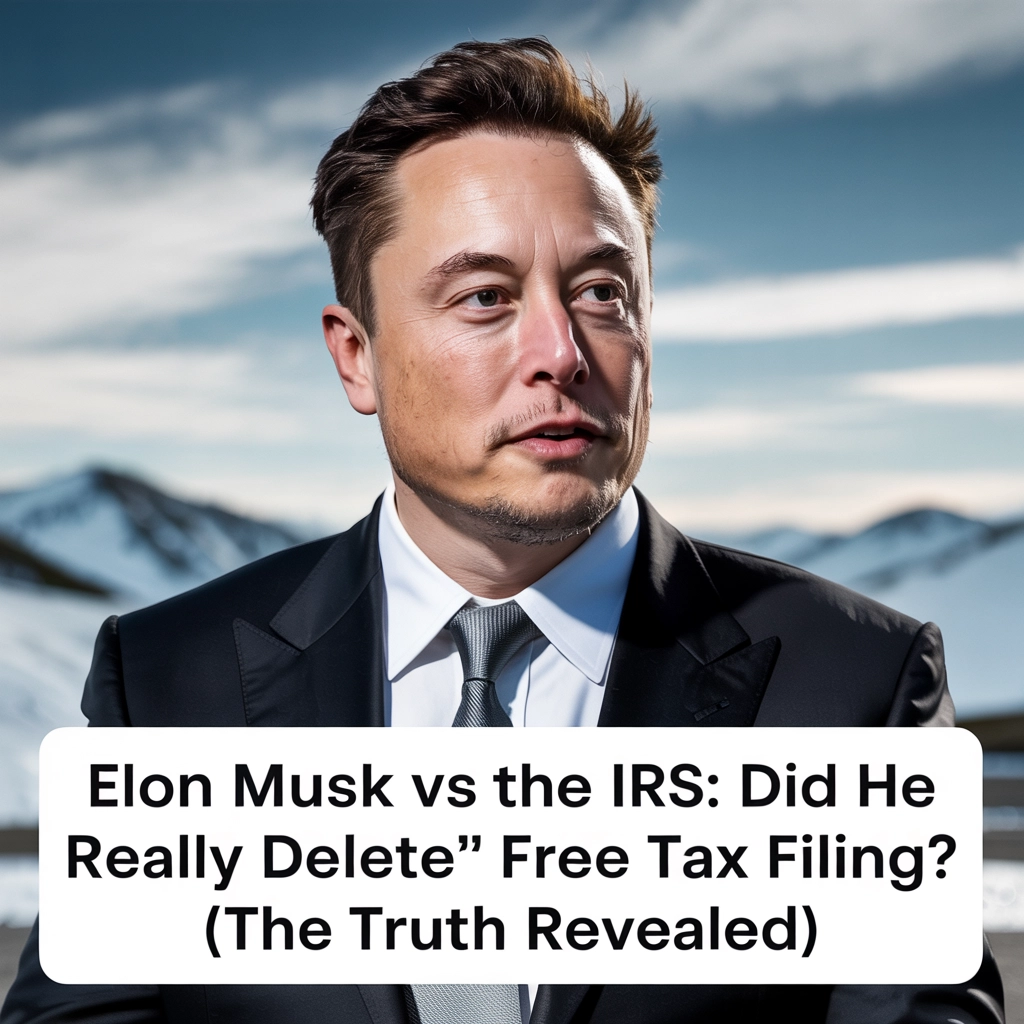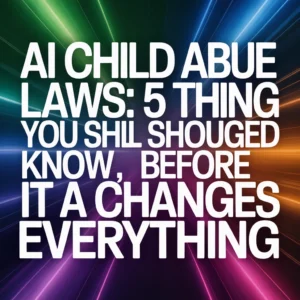Ever wake up to see Elon Musk casually announcing he "deleted" an entire government program on X? Well, that's exactly what happened when the world's richest man claimed he wiped out the IRS's free tax filing system. But here's the thing – the truth behind this viral claim is way messier than Musk's tweet suggests.
If you've been following this drama unfold on social media, you're probably wondering what actually happened. Did Musk really just eliminate free tax filing for millions of Americans? And if so, how does one person have that much power over our tax system?
Let's dive into the real story behind the headlines.
What Musk Actually Said (And Why It Went Viral)
When Musk posted "That group has been deleted" in response to a discussion about the IRS Direct File program, the internet exploded. He doubled down by announcing he had "dissolved the Internal Revenue Service's free file program, effectively firing the staff who worked on the popular program."

Pretty dramatic stuff, right? The post racked up thousands of retweets within hours, with people either celebrating or panicking depending on their political views. But here's where things get interesting – and confusing.
The "group" Musk was referring to is something called 18F, a government technology team that helped build the Direct File system. Think of them as the tech nerds behind the scenes making government websites actually work. But deleting a tech team doesn't necessarily mean deleting the entire program they built.
It's like claiming you "deleted" Netflix because you fired their customer service department. The show still goes on, even if the behind-the-scenes support changes.
The Real Story: What's Actually Happening to Free Tax Filing
Here's what we know for sure: despite Musk's claims, you can still file your taxes for free through the IRS Direct File program right now. The website is up, running, and processing returns just like before.
Treasury Secretary Scott Bessent even confirmed during his confirmation hearing that "for this tax season that Direct File will be operative." So if you were planning to use free filing this year, you're probably still good to go.
But – and this is a big but – there are some concerning signs about what happens next year:
• IRS staff working on Direct File were reportedly told to stop developing the 2026 version
• The long-term future of the program remains uncertain
• Government tech teams that supported the program may have been disbanded
• No official confirmation exists about whether 18F was actually shut down
Think of it like your favorite TV show getting renewed for one more season while the writers are simultaneously being laid off. You get to watch the current season, but don't count on seeing a sequel.
The Privacy Bombshell Everyone's Talking About
Here's where this story takes a seriously dark turn. While everyone was focused on whether Musk "deleted" free filing, a much bigger issue was brewing behind the scenes.

Musk's Department of Government Efficiency (DOGE) has requested access to something called the IRS Integrated Data Retrieval System. This isn't just any database – it's a treasure trove containing personal tax information for millions of Americans, including tax returns, Social Security numbers, addresses, income data, and tax debt information.
Let me put this in perspective with a personal story. Last year, my accountant accidentally sent someone else's tax return to my email. Just seeing another person's income and Social Security number for five seconds made me feel like I'd invaded their privacy. Now imagine giving one person access to that information for every American taxpayer.
During a White House press conference, Musk hinted he was already using this access to dig into federal workers' finances, saying he found it "odd" that some bureaucrats with modest salaries had somehow accumulated "tens of millions of dollars in net worth."
Whether you love or hate government workers, the idea of any private citizen having access to their personal tax information should make everyone uncomfortable.
Congressional Democrats Sound the Alarm
Congressional Democrats aren't just uncomfortable – they're furious. Representative Terri Sewell led a group demanding answers about "Elon Musk's illegal access to Americans' sensitive data including private tax and Social Security information."

They argue this violates Section 6103 of the Internal Revenue Code and represents "an egregious violation of privacy." Representative Jimmy Gomez called it "a five-alarm warning" and expressed concern about potential leaks, abuse, or theft of taxpayer information.
Here's the thing – these aren't just partisan talking points. The law is pretty clear about who can access taxpayer data and under what circumstances. Giving a private citizen broad access to investigate government employees' personal finances seems like uncharted territory, legally speaking.
So What Actually Got "Deleted"?
The honest answer? It's complicated.
Musk didn't actually delete free tax filing in the dramatic way his social media posts suggested. The Direct File program is still running, and you can still file your taxes for free this season. But he may have eliminated or reassigned the government tech teams that built and maintained the system.
It's kind of like claiming you "deleted" a restaurant because you fired the kitchen staff. The restaurant might still serve food this week, but good luck getting a meal next month.
The more troubling story isn't about what got deleted – it's about what got accessed. The unprecedented level of taxpayer data access granted to a private citizen raises serious questions about privacy protections and the proper handling of confidential government information.
Whether you support government efficiency initiatives or not, the idea of any individual having broad access to Americans' private tax information should give everyone pause. After all, today it might be used to investigate government workers you don't like, but tomorrow that same access could be used to investigate you.
What do you think – is this level of data access a necessary evil for government reform, or a dangerous precedent that puts everyone's privacy at risk?







